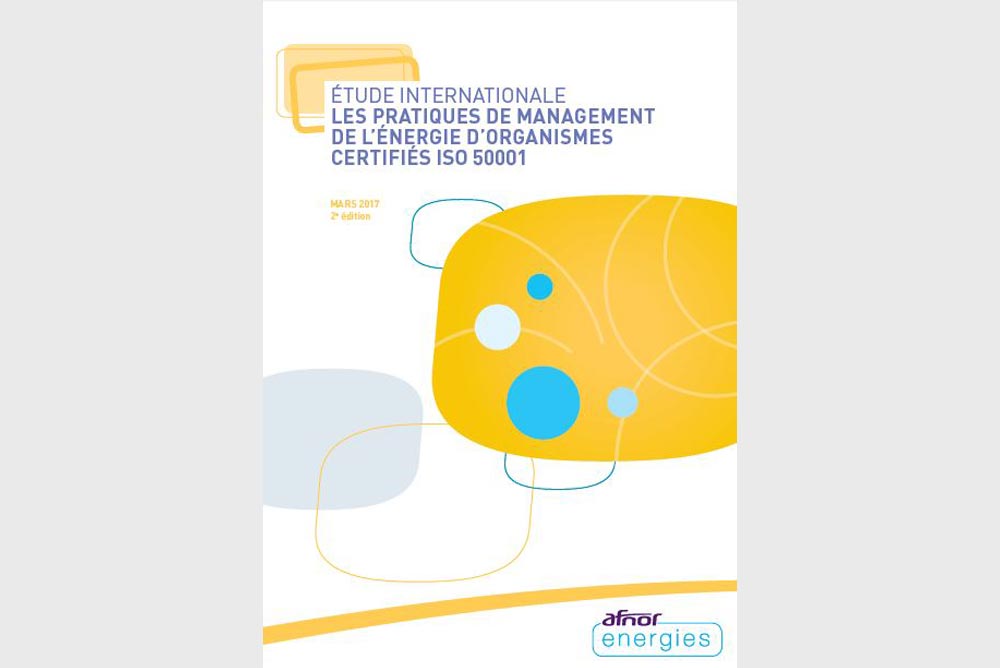New study: ISO 50001-certified companies favor formalized energy management

After the first edition in 2015, the AFNOR group has once again surveyed ISO 50001-certified organizations around the world to find out more about their practices. Regulated energy management is a real source of savings.
After an initial Franco-French study in 2014 and an international edition in 2015, the AFNOR group has reissued its survey of the energy management practices of ISO 50001-certified organizations. Released as a preview to participants in the Tour de France AFNOR de la performance énergétique, which made stops in Saint-Denis and Toulouse on March 30 and April 20 respectively, the new survey of 185 ISO 50001-certified organizations around the world, conducted with the help of Time to Be, delivers positive conclusions on the use of the voluntary standard published in 2011.
80% of users are satisfied, and 94% would recommend it to others. ” It’s an invitation to embark on a journey of continuous improvement, with its enormous benefits ,” says one respondent. Another finding is that energy management is increasingly becoming part of the QSE triptych, opening the door to an integrated management system.
To the question ” What was the driving force behind the decision to implement an ISO 50001 energy management approach ? “In fact, 35% said it was primarily to obtain ISO 50001 certification (up 14 points on 2015), 18% to implement a methodical approach to energy management, but above all, 47% (61% in 2015) still cited both answers: one couldn’t exist without the other.
A prerequisite: the existence of an energy team
The organizations involved in ISO 50001 certification consider the investment to be modest: three quarters consider the budgets to be negligible in relation to the benefits delivered. All the more so when the certification is old. ” This reveals the profitability of the approach over time,” says Catherine Moutet, head of AFNOR Energies, the AFNOR Group entity that commissioned the study and is an expert on the subject.
However, certified employees continue to find it difficult to see the exact return on investment, suggesting that financial returns are not necessarily the priority in the short term: either they didn’t have an objective in the first place, or it’s too early for them to make the calculation. Moreover, for 58%, the benefits actually gained are as much financial as non-financial: ISO 50001 is also seen as “ a vector for long-term progress ” or ” for prioritizing strategic actions “. It should be noted that the deployment of an ISO 50001 approach encourages organizations to equip themselves with measuring equipment to track the results of their efforts over time. The AFNOR group has strengthened its expertise in this area, with new offerings in energy performance measurement and verification.
Finally, among the conditions for a successful ISO 50001 project, the overwhelming majority of organizations surveyed identified four main ones, including the creation of a dedicated team: 60% said this was a fundamental point, a rate that doubled compared to last year. The ISO 50001 standard, which explicitly recommends setting up such a team around an “energy manager”, is therefore followed to the letter.
> Find out more about AFNOR’s energy solutions…
AFNOR/DR
- 06 June, 2018
- 21 February, 2017